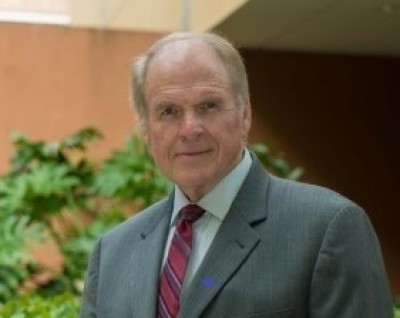Christmas and ages of suspension
In the days between Thanksgiving and Christmas, we are in that suspension period we wiggled through as restless children caught between the turkey and the tinsel.
This is a parable of what happens on a much larger scale: Ages of suspension are part of the path of time and history, our lives within them, and the route to maturity includes learning to endure those slow-moving stretches of silence and murkiness.

This is true for many categories of endeavor and experience. Many leftist globalists have viewed the era between Obama-Biden and Biden-Harris as an age when their dreams were suspended. The Trump years constituted a time-gap when the progressivists could ready things for the Great Global Reset.
They are weary with putting their vision on hold and strive to move on to that season for which they have waited, however they can.
The Greeks called finite, tensed time kronos (Chronos). They called the special times when the longings of kronos would become manifest in the time-space world kairos, the “opportune time.” Kronos yearnings become realized hope, and destiny stood at the doorsteps.
So, the sun has barely set on Thanksgiving Day before we have pulled out and dusted off Christmas decorations that have been put on year-long suspension.
But this brings on another suspension period — that between the decking of the halls and the Christmas Day events themselves.
There are so many other suspensions that in this moment gnaw at our psyches:
- Considering the allegations of vote-stealing, who will really be our national leader?
- Is “reset” back to the Bush-Obama global order really a reset for an economic thrashing, or even hot war?
- In the period of unknowns between coronavirus and vaccines we wonder: Will the medicines work or kill us? Will we perish in the jaws of the virus before we get the promised elixir?
- Are we dangling between Millennial hope or the realization of the mother of all terrors — a world committing suicide?
Suspension periods between the knowns and unknowns of a phenomenon steal our peace. Oh, the angst of the age of suspension!
This was the pain of the prophets, “the burden of the valley of vision... a day of trouble, and of treading down, and of perplexity by the Lord God of hosts” (Isaiah 22)
How much anguish there must have been in Isaiah when he lived in the “suspension” age between the promise of Messiah, the coming One on whose shoulders the government would be placed, the Child who would be called “Wonderful Counselor, Mighty God, Everlasting Father, Prince of Peace,” and His coming (which Isaiah did not see in the flesh). (Isaiah 9:6)
And what about Micah? He receives the surprising revelation that backwater Bethlehem will be the place from which a special “Ruler of Israel” will come. (Micah 5:2) But what does the prophet do in the suspended time between the promise and the fulfillment?
For both Isaiah and Micah, the age of suspension between promise and fulfilment will extend 700-800 seemingly empty years.
Then there was John and his strange visions on rugged Patmos, like Revelation 12. The old man sees a pregnant woman about to deliver her child. A voracious red dragon positions himself before the woman’s birth canal, readying to catch and devour the Messiah-Child Isaiah had seen in his vision centuries before.
But Messiah did come, and Satan was unable to snatch Him away. There really was a junction of kronos and kairos in the Christ. Through Him God stepped into the broken finite world. That sets up another age of suspension that drags across the time-scape: the three decades between the manger and the cross, and then another short period of suspension between the cross and the open tomb.
In the suspension seasons the Seed of the Woman seemed to have fallen into the cracks of the rugged roads and walkways. But down there in the darkness the Seed of the woman is stirring. Things are happening, and the impact of the Christ begins to be felt, and people begin giving testimony to it. Napoleon, for one. He raises the curious fact that “Alexander, Charlemagne and myself all tried to found an empire on force and we failed. Jesus Christ is building an empire on love, and today there are millions of people who would gladly die for His sake.”
A few decades later comes the striking summary statement attributed to nineteenth century Boston pastor Phillips Brooks:
All of the armies that ever marched, all the navies that ever sailed, all the parliaments that ever reigned, put together, have not affected the life of man on this earth as much as that one solitary life... the life of Jesus Christ.”
Suspended time is not all bad. Faith grows in those temporal gaps like hidden seed in a sidewalk.
We may be uncertain as we live down here in the big gaps hewn out by pandemic, political chaos, and future portents. But this we can say with certainty: Merry Christmas... the Bethlehem Child, the Lord Jesus Christ, is not in suspension.
Wallace Henley is a former pastor, White House and congressional aide, and author of more than 25 books. His newest is Two Men From Babylon: Nebuchadnezzar, Trump, and the Lord of History, published by Thomas Nelson.





















